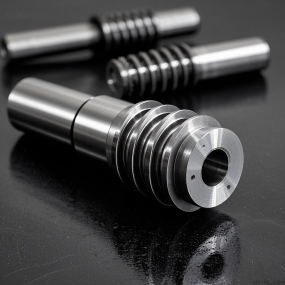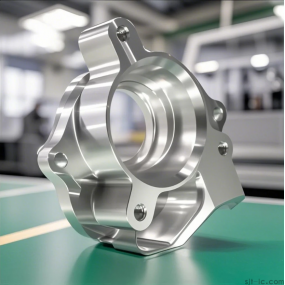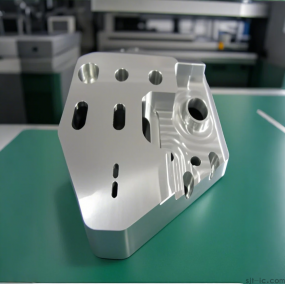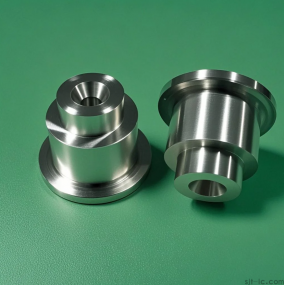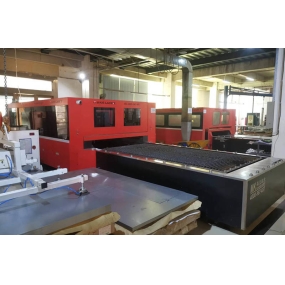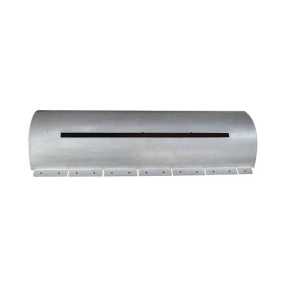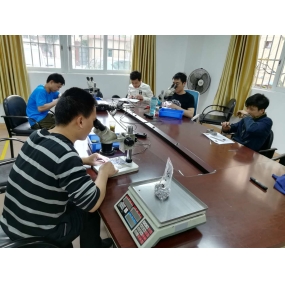Hey there, are you a project manager or engineer staring at a list of potential high-precision CNC Machining suppliers, feeling a bit stuck? 🤔 You know that picking the wrong partner can lead to delayed projects, wasted budget, and a whole lot of headaches. So, how do you sift through the options and find a reliable partner that actually delivers on their promises? Let's break it down together, step by step.
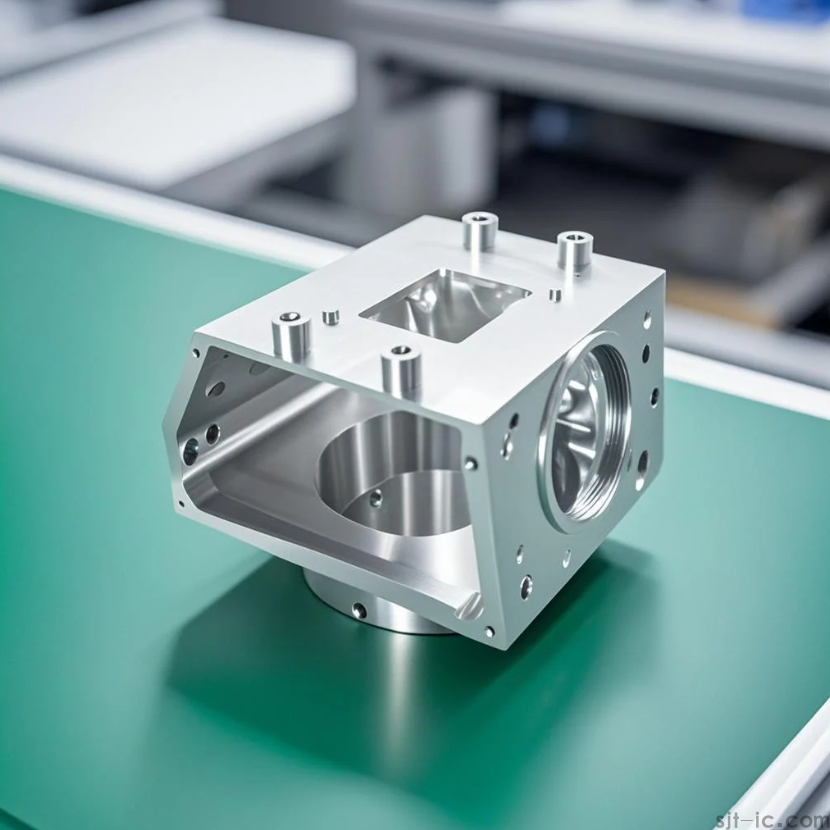
What Exactly Do You Mean by "High-Precision"?
Before you even start looking, you've got to get crystal clear on your own needs. "High-precision" can mean different things to different people. For some, it's about tight tolerances, like within a few microns. For others, it's about the perfect surface finish. I often see folks skipping this step and then getting surprised when the results don't match their vision.
Ask yourself these questions:
• What are the critical dimensions and tolerances for my part?
• What material am I using, and how does it behave during machining?
• What is the expected volume? Is this a one-off prototype or ongoing production?
Getting this down on paper is your first and most important filter. Although, it's worth mentioning that the specific mechanisms of how certain materials react under ultra-high-speed machining can get pretty complex, and that's an area where I lean heavily on the supplier's expertise.
Don't Just Look at the Brochure: Dig Into Their Real Capabilities
Anyone can say they do "high-precision" work. The proof is in the pudding, or in this case, their equipment and track record. A supplier's website might look slick, but what really matters is what's on their shop floor.
Key things to check:
• Machine Tool Portfolio: Do they have modern, well-maintained 5-axis CNC machines? This is often a good indicator for complex parts.
• Quality Control System: Do they have a CMM (Coordinate Measuring Machine) and other metrology tools? Ask about their inspection process and quality certifications.
• Material Experience: Have they worked with your specific material before? This can perhaps indicate a smoother process and fewer surprises.
But hey, don't just take their word for it. The real test is in the next step.
The Magic of a First Test Project
This is, in my opinion, the most underrated step. You can read all the reviews and spec sheets you want, but you won't truly know a supplier until you give them a piece of work. Starting with a smaller, less critical project is like a first date – it's a low-risk way to see if you're compatible.
What to observe during a test run:
• Communication: Are they responsive and clear? Do they ask smart questions?
• On-time Delivery: Did the parts arrive when promised?
• Final Quality: Does the finished part meet all your specified requirements and look professionally made?
This hands-on experience tells you more than a dozen sales calls ever could.
It's Not Just About the Price Tag
Let's be real, cost is a huge factor. But going with the absolute cheapest quote is often the most expensive mistake you can make. Low prices might mean corners are being cut on materials, machine maintenance, or skilled labor.
Look beyond the initial quote:
• Is their pricing transparent, or are there hidden fees?
• What is their policy on design for manufacturability (DFM) feedback? A good supplier will help you optimize your design to save costs without sacrificing quality.
• Consider the total value: reliability, communication, and technical support are part of the package you're paying for.
However, it's also true that a higher price doesn't automatically guarantee a perfect outcome every single time. The market is full of nuances.
Final Thoughts: It's a Partnership, Not Just a Purchase
Choosing a high-precision CNC machining supplier isn't a one-time transaction. You're selecting a partner who will impact your product's success. It requires a balance of technical vetting, practical testing, and building a relationship based on clear communication and mutual respect. Take your time, do your homework, and trust the data from your test projects. It's the surest path to finding a partner you can count on for the long haul.
From my own experience, the suppliers who are genuinely curious about your project and its end-use are usually the ones who go the extra mile to get it right. That's something you can't really put on a spec sheet.


 Spanish
Spanish Arabic
Arabic French
French Portuguese
Portuguese Belarusian
Belarusian Japanese
Japanese Russian
Russian Malay
Malay Icelandic
Icelandic Bulgarian
Bulgarian Azerbaijani
Azerbaijani Estonian
Estonian Irish
Irish Polish
Polish Persian
Persian Boolean
Boolean Danish
Danish German
German Filipino
Filipino Finnish
Finnish Korean
Korean Dutch
Dutch Galician
Galician Catalan
Catalan Czech
Czech Croatian
Croatian Latin
Latin Latvian
Latvian Romanian
Romanian Maltese
Maltese Macedonian
Macedonian Norwegian
Norwegian Swedish
Swedish Serbian
Serbian Slovak
Slovak Slovenian
Slovenian Swahili
Swahili Thai
Thai Turkish
Turkish Welsh
Welsh Urdu
Urdu Ukrainian
Ukrainian Greek
Greek Hungarian
Hungarian Italian
Italian Yiddish
Yiddish Indonesian
Indonesian Vietnamese
Vietnamese Haitian Creole
Haitian Creole Spanish Basque
Spanish Basque

